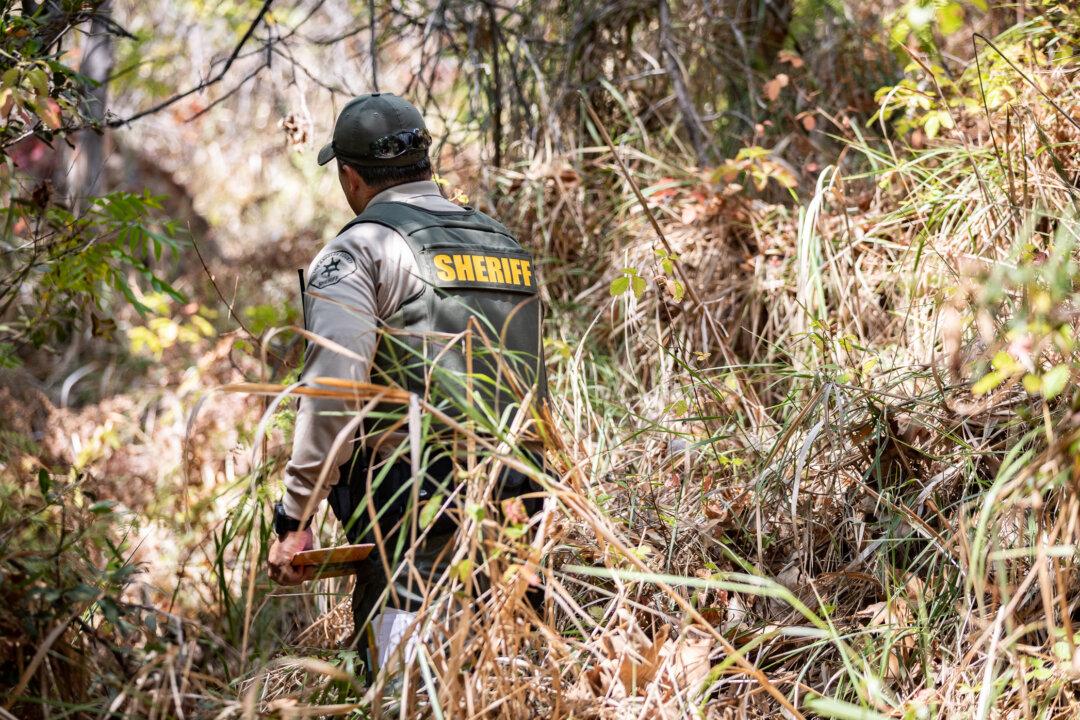LOS ANGELES—An increase in law enforcement activity in Los Angeles County has resulted in a decrease in illegal marijuana cultivation sites, according to the sheriff’s department (LASD).
The LASD has been cracking down on illegal marijuana farms—also known as “grows”—in the Antelope Valley amid concerns of water theft and criminal activity among residents in Northern Los Angeles County communities.





